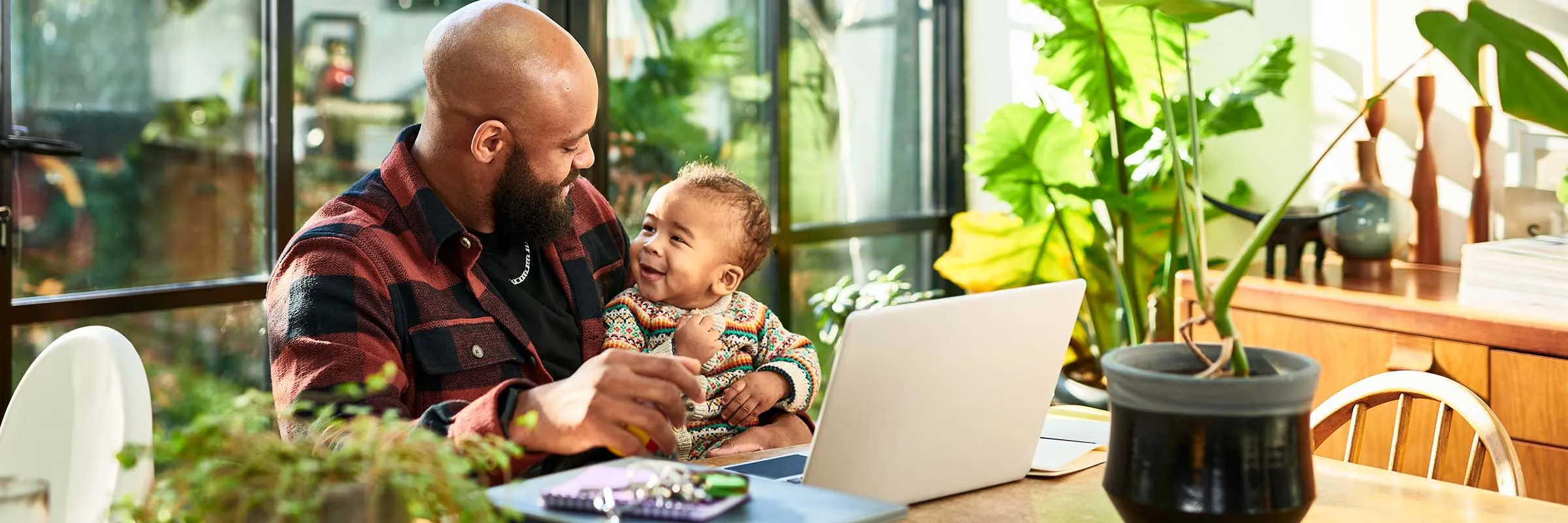When you think of investing in real estate, you might picture renting out houses or owning apartments and office buildings. But you can also invest in real estate without owning any physical property. There are several ways to diversify your investment portfolio — making real estate a far more attainable asset than you may have imagined.
Read more: Which investment accounts are right for you?
What is real estate investing?
When you invest in real estate, you buy (or invest in companies that buy) land or property to potentially earn money.
Value of investing in real estate
While real estate investing is tied to the housing market, since it doesn’t typically have a strong correlation with the stock market, investing in real estate can help diversify your portfolio and protect it against stock market volatility.
Types of real estate investments
Investing in real estate can come in many direct and indirect forms. Be sure you understand the risks and benefits of each, so you can decide which makes sence for you.
Home ownership
Since home prices tend to appreciate, i.e. gain value, over an extended period, home ownership can act as a long-term investment. Though there’s no guarantee, the longer you hold on to your property, the better chance you have at making a profit when you decide to sell.
Rental properties
By investing in rental properties, you can put yourself on the receiving end of tenant rent payments. Keep in mind you will still have responsibilities as a landlord, in terms of maintenance costs and mortgage payments.
Vacation properties
Rather than letting your lakeside cottage, mountain cabin or beach house vacation home sit vacant while you’re at your primary residence, renting it out can offset expenses and generate passive income. If you price it right, you can offset other costs, such as cleaning and upkeep.
REIGs
A more indirect way to invest in rental properties is through a real estate investment group (REIG). With REIGs, one company owns and manages a set of apartments or condos, and investors typically purchase units through that company.
REITs
A real estate investing trust (REIT) is a company that owns (and usually operates) a real estate property that generates income. You can invest in REITs similarly to how you buy stocks, through a brokerage. At Ally Invest, REITs are available on the secondary market (i.e. traded among investors, not sold by the issuer).
Fractional ownership and joint real estate investing
While traditional real estate ownership is when a single person owns an entire property, fractional ownership and joint real estate investing is when multiple parties collectively own a property. This model reduces the financial burden of owning a property and allows individuals to own assets they might not be able to afford otherwise. This method is typically done through a dedicated real estate investing platform.
Real estate crowdfunding
Pooling your money with other investors can provide financial backing and allow you to purchase a property or share of a property as a group. Typically, this is done through specific real estate crowdfunding platforms.
Earning money from real estate
Real estate can be a smart asset for investors looking to earn passive income or diversify a fixed-income portfolio. Note that, as with any investment, real estate investing also comes with risks and potential for loss.
Appreciation
While it’s not a guarantee that a property's value will increase, certain factors that impact a property’s value include the location, improvements and updates to the property, and proximity to new surrounding developments.
Rental income
Leasing property to tenants can be an opportunity to add regular, passive income to your portfolio. Just remember that you'll be responsible for vetting tenants and, as a landlord, hold some level of accountability for the property.
Dividends
If you enter the real estate market via REITs, your portfolio may benefit from regular dividend payments. While returns are not guaranteed and REITs are susceptible to housing market volatility and price fluctuations, dividends may provide a steady stream of investment income you can then hold on to or reinvest.
Real estate tax implications
Like most forms of income, if you make money from real estate, you have to pay taxes on it.
Capital gains tax
The more a property appreciates in value, the greater your capital gains will be. The capital gains tax percentage is based on your income and filing status.
Rental income tax
Whether you lease an apartment to college students or rent out your unused vacation home, you must classify the money you make as income on your tax return.
When and how to start investing in real estate
Buying a home or becoming a landlord is a big decision that takes some serious consideration, and you’ll want to have your financial ducks in a row beforehand. It may be a good idea to have a handle on your emergency savings and retirement fund before taking on the responsibility of a mortgage. If you’re itching to get in the real estate market, you may consider starting to diversify your portfolio through REITs. That way, you can gain exposure to this asset class without having to worry about all the implications of investing in physical property.
Real estate, real opportunities
Investing in real estate can be more accessible than you think. Whether you invest directly by purchasing a physical property or indirectly (like via REITs), you can make real estate part of your portfolio.



